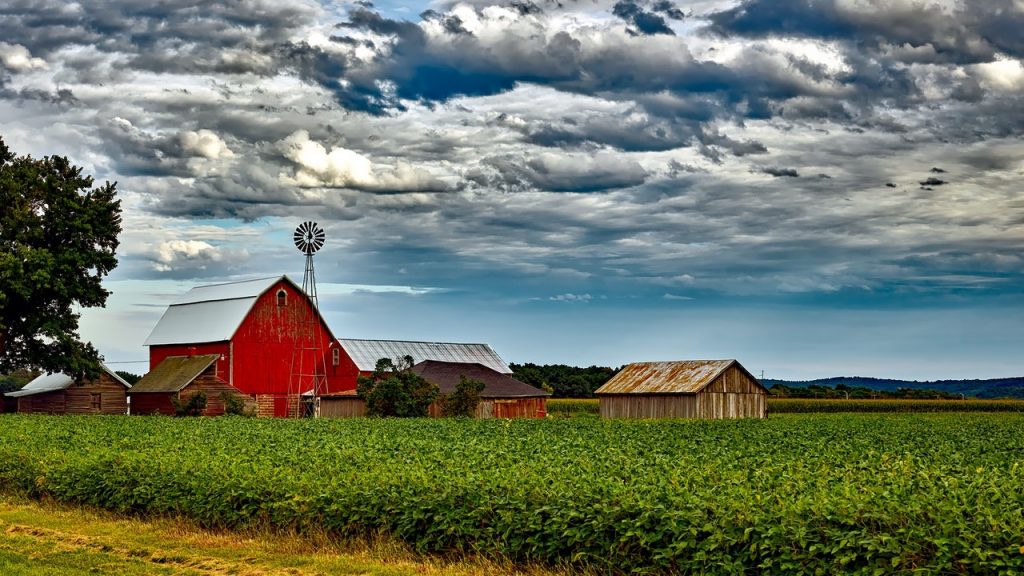They’re still building big red barns if the client wants them, but farm builders are delivering a range of agricultural buildings of increasing scope and complexity.
The Canadian Farm Builders Association (CFBA) was formed in 1980, not only to provide a united voice for farm builders, but also to help ensure that its members continue to deliver projects according to the most exacting standards.
Today, the association represents about 150 members ranging from contractors, engineers, building inspectors, employees of the Ontario Ministry of Agriculture, Food and Rural Affairs and suppliers of farm building-related products and services.
Gary van Bolderen has been a member of the CFBA since its inception. He’s the past chair of the association and currently sits on its board of directors. He’s operated Dutch Masters Construction Services since 1990, building for the equestrian community.
“The farm building business is cyclical,” he says. “But I would say that most of our members are quite busy now — it’s difficult to find a contractor or tradesperson on short notice. I’m gathering from our members that businesses involved in commodities such as poultry, eggs, beef, dairy and pork are seeing opportunities to invest in new buildings. We’re also seeing projects involving feed mills and facilities for drying and storing feed, and food processing facilities for cash crops such as soy beans.”
Van Bolderen notes farm builders are versatile and will take on a wide range of projects, including commercial and retail buildings. However, they’re the first contractors called on for agricultural projects.
Some farm builders have become full-service contractors, handling all aspects of design and construction. Others have developed specialties, such as installing automated manure systems.
“Our clients are not pulling contractors and trades out of the city,” he says. “There’s a different culture with farm builders and we develop a strong relationship with our local electricians, plumbers, concrete formers and others who really know the business.”
Farm builders also forge strong relationships with clients.
Dutch Masters, for example, now erects equestrian buildings for sons and daughters of previous clients. However, those projects have evolved to become more sophisticated than they used to be.
“Our clients have a huge investment in their animals,” says van Bolderen. “They can’t afford a sub-optimal ventilation system. An automated manure system might cost more up front but will pay off down the line in reduced labour. Each barn is unique.”
The wealth of intricate knowledge required to complete these projects separates farm builders from other general contractors, he says.
“I wouldn’t go to PCL or EllisDon to build a dairy barn,” he says. “At the same time, the farm business is big enough for the contractors who work in it, but not so big that you’ll see others wanting to get involved. It’s competitive and it may be easier to make more money on something else. Even if you do $50 million in business in a year, that’s nothing compared to a single hospital project.”
Like all construction businesses, the farm building industry faces a wave of retirements. However, some contracting businesses are being passed on or sold to the next generation of owners.
Van Bolderen’s son Greg recently decided to buy the business, following a career in civil engineering.
“Greg grew up riding with me in the pickup and seeing all of the jobsites,” he says.
“I don’t think he always wanted to be the owner of a business — some people enjoy a 40-hour work week. But there are also some very attractive things about this business. Projects are longer term, so you might spend a year or two with your trades and that builds strong relationships. And there’s a great deal of satisfaction, after a lot of hard work, seeing your clients enjoying their buildings five or 10 years later.”











Recent Comments
comments for this post are closed